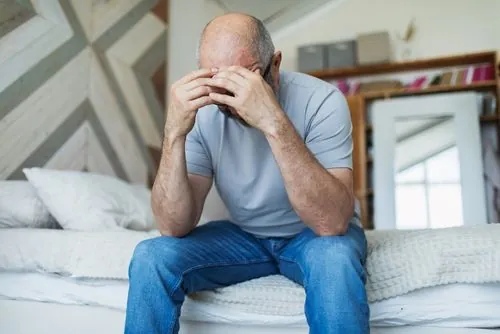
Andropause: Shedding Light on Men’s Hormonal Changes
2025-05-18
Author: Noah
The Overlooked Male Menopause
While menopause is a well-known topic, its male counterpart, andropause, has long been neglected. Men do undergo hormonal changes as they age, and the dialogue around andropause is finally gaining traction.
Dr. Hélène Lavoie, an endocrinologist with three decades of experience at the Centre hospitalier de l’Université de Montréal, explains, “Shining a light on this subject is crucial for men’s health.”
Myths Debunked: Andropause vs. Menopause
A common misconception is that andropause functions like menopause, but Dr. Lavoie clarifies, “That’s misleading. Unlike menopause, where estrogen levels drop dramatically between ages 45 and 55, andropause features a gradual decrease in testosterone starting around age 30.”
Instead of andropause, Dr. Lavoie prefers the term "acquired hypogonadism in aging men"—though it lacks the catchy ring, it accurately reflects the medical truth.
Understanding Testosterone Decline
When does decreasing testosterone become an issue? It’s often hard to pinpoint. Hormones related to testosterone secretion—like luteinizing hormone (LH) and follicle-stimulating hormone (FSH)—are released in pulsations and are sensitive to numerous external factors. Dr. Lavoie warns that testosterone decline is only genuinely age-related in about 2% of cases.
Factors like diabetes, obesity, stress, and certain medications can also play critical roles in testosterone levels.
Common Symptoms to Watch For
Men experiencing fatigue, irritability, or concentration issues may want to consider a hormone check. More specific indicators include a diminished libido, erectile dysfunction, and even changes in physical appearance like reduced beard growth.
Untreated hormonal imbalances can lead to severe complications, including anemia, osteoporosis, and increased cardiovascular risks.
A Complex Picture
Interestingly, for many men nearing retirement, these symptoms may only be temporary. Stress can affect hormone levels, leading to a decline in testosterone.
Dr. Lavoie often reassesses patients a year after retirement to find that lifestyle changes—better sleep, exercise, and self-care—may have negated previous hormonal issues.
The Right Approach to Treatment
Diagnosing testosterone deficiency requires thorough testing and can’t rely solely on a single test result. Dr. Lavoie explains, "We conduct multiple tests and interpret results in a broader clinical context." Normal testosterone levels are generally between 10 and 30 nanomoles per liter.
Current treatment options, such as testosterone injections or gels, can have modest benefits but come with risks, especially for younger men who might misuse supplementation for performance enhancement.
Practical Advice for Men
For men experiencing a decline in libido and energy, Dr. Lavoie offers practical advice: be patient, reduce performance anxiety, and minimize social media distractions.
Significantly, she reassures, "If you had a libido before, it’s likely to return. Hormonal health is influenced by multiple factors, and sometimes small lifestyle changes can yield big results."
The Future of Hormonal Health
With growing awareness around menopause for women and parallel conversations about andropause for men, future medical training must prioritize open discussions about sexual health.
Dr. Lavoie concludes, "Lower testosterone is a normal part of aging that doesn’t require uniform screening. We must focus on understanding who truly needs intervention to address their health effectively."
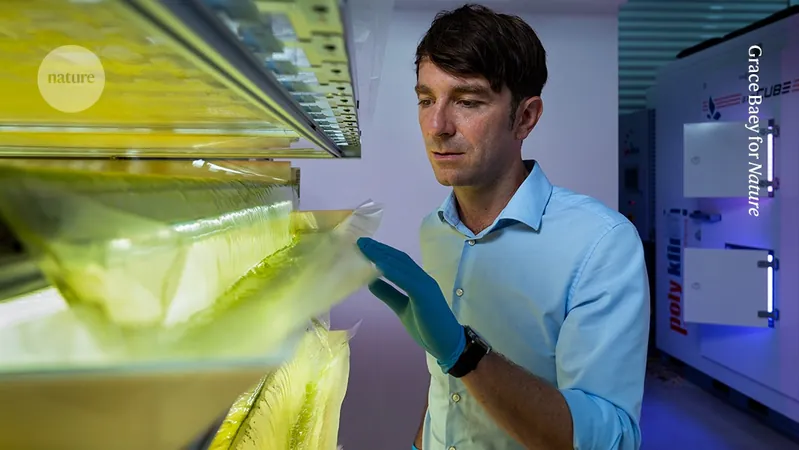

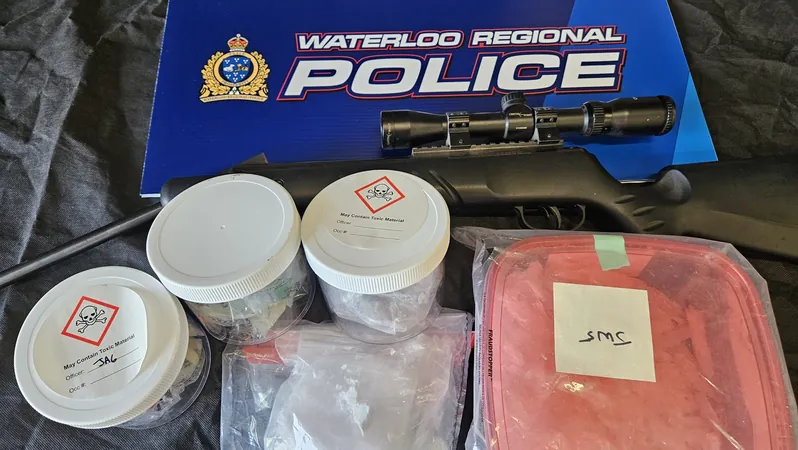



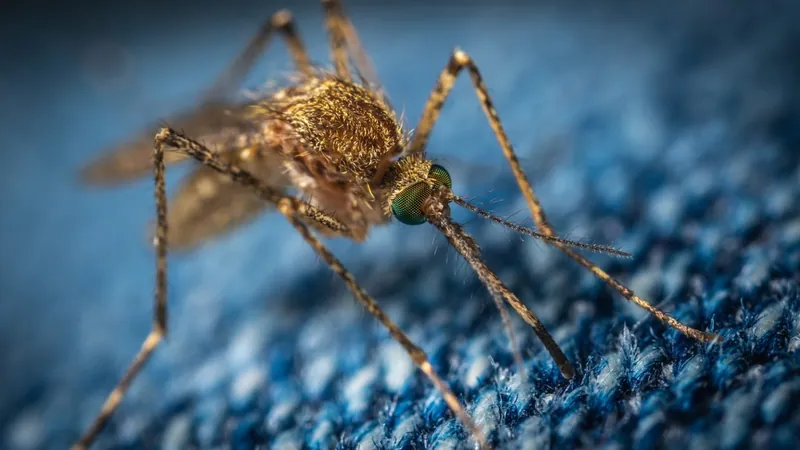
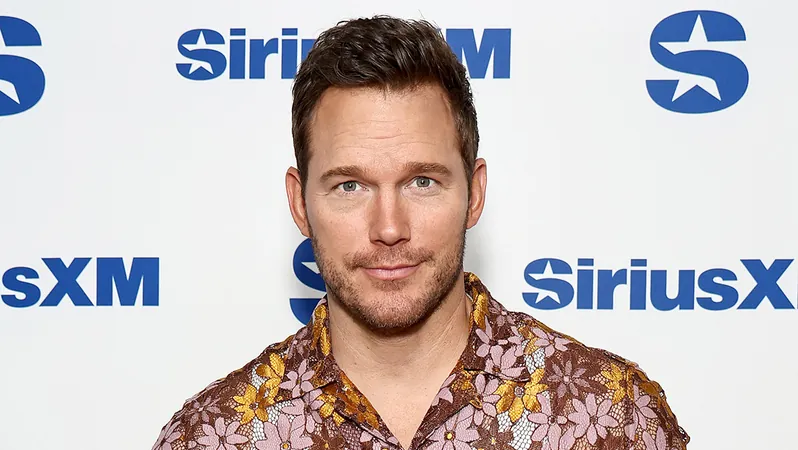

 Brasil (PT)
Brasil (PT)
 Canada (EN)
Canada (EN)
 Chile (ES)
Chile (ES)
 Česko (CS)
Česko (CS)
 대한민국 (KO)
대한민국 (KO)
 España (ES)
España (ES)
 France (FR)
France (FR)
 Hong Kong (EN)
Hong Kong (EN)
 Italia (IT)
Italia (IT)
 日本 (JA)
日本 (JA)
 Magyarország (HU)
Magyarország (HU)
 Norge (NO)
Norge (NO)
 Polska (PL)
Polska (PL)
 Schweiz (DE)
Schweiz (DE)
 Singapore (EN)
Singapore (EN)
 Sverige (SV)
Sverige (SV)
 Suomi (FI)
Suomi (FI)
 Türkiye (TR)
Türkiye (TR)
 الإمارات العربية المتحدة (AR)
الإمارات العربية المتحدة (AR)